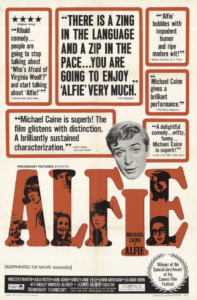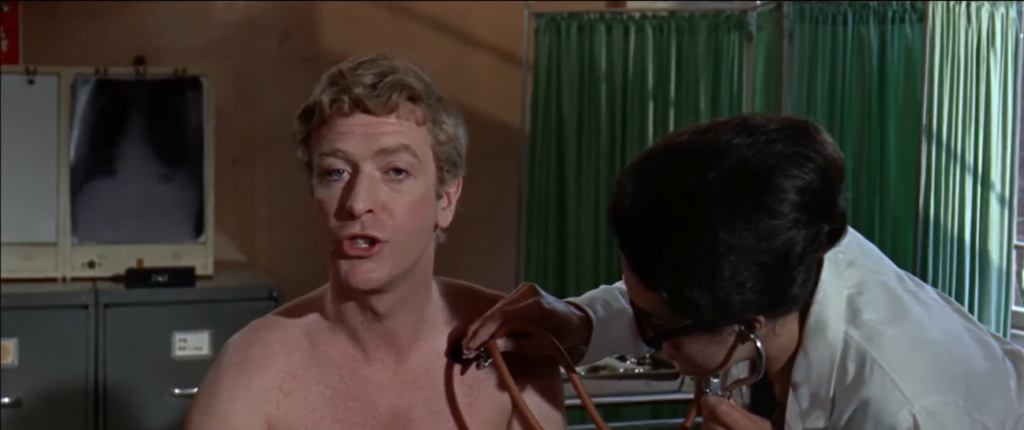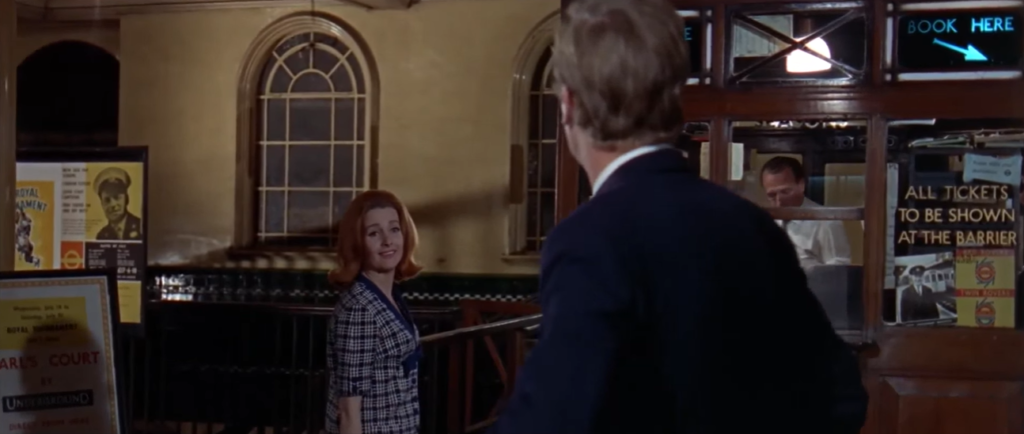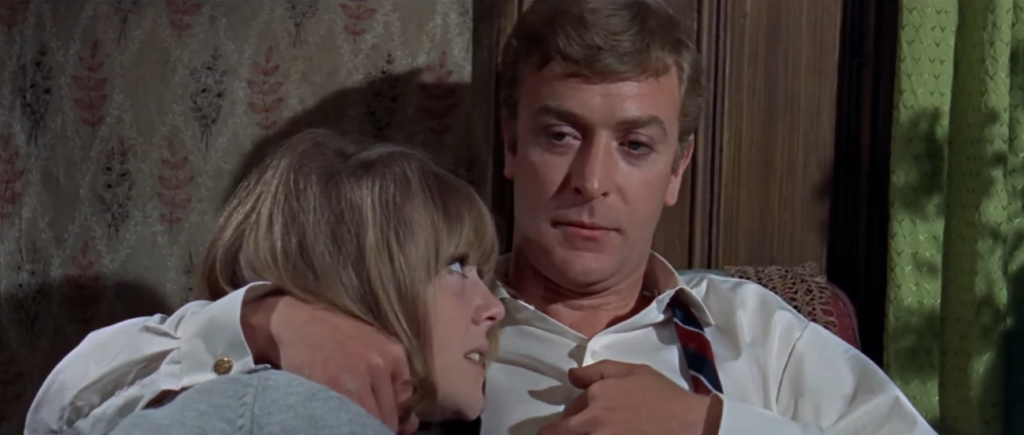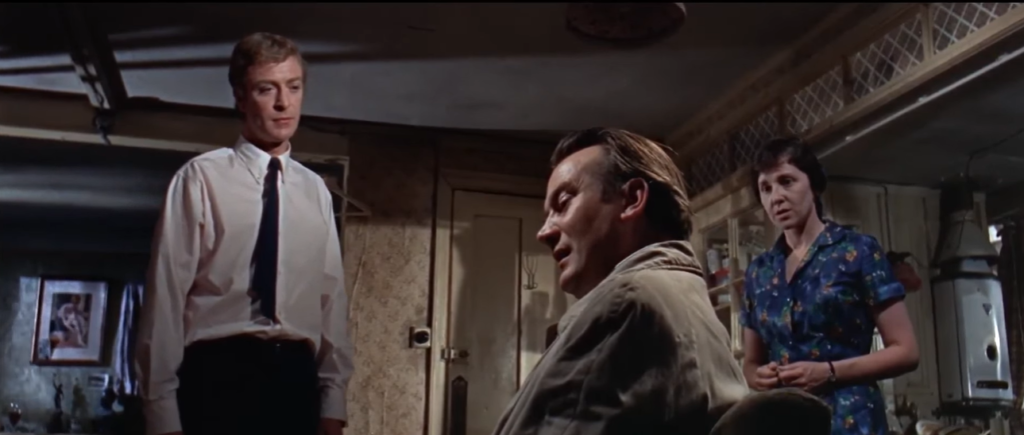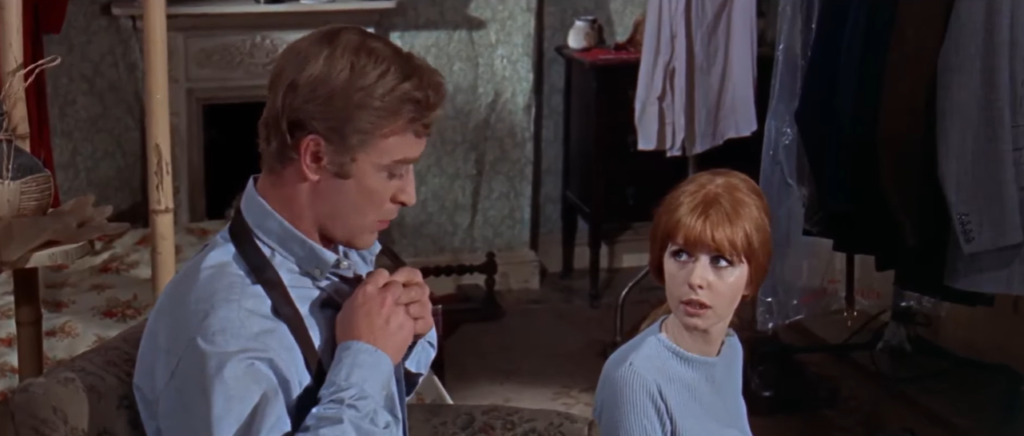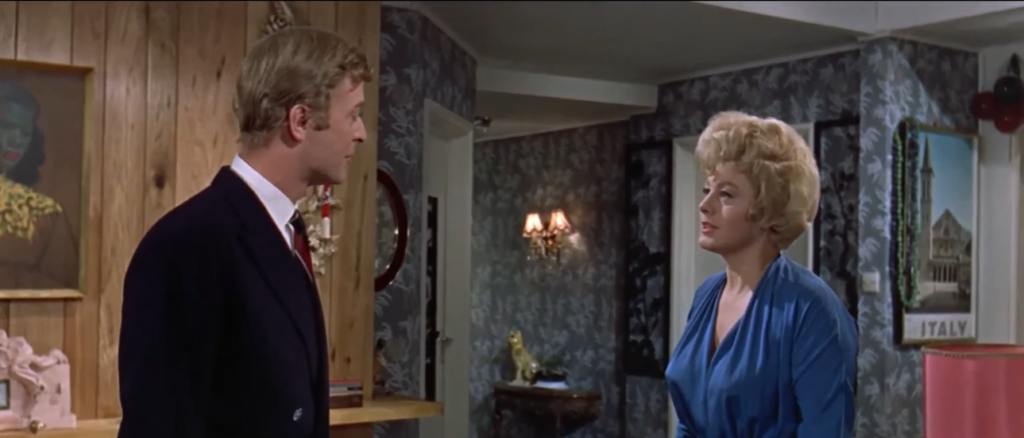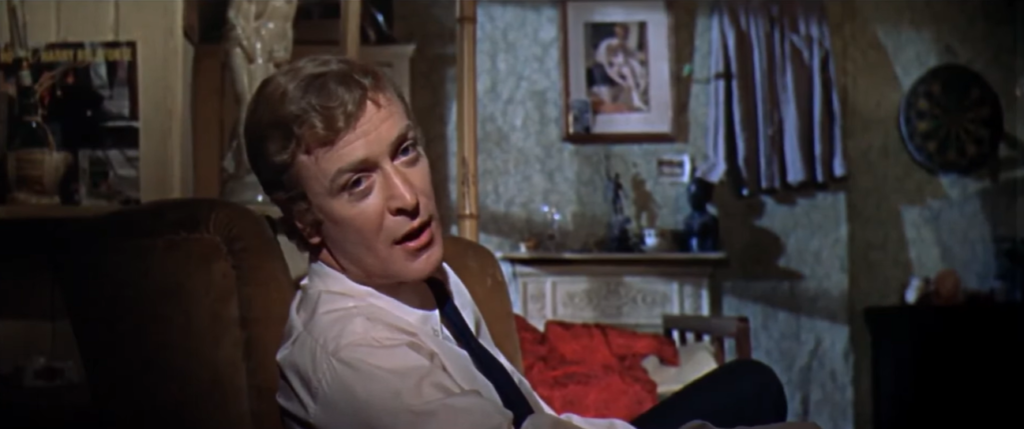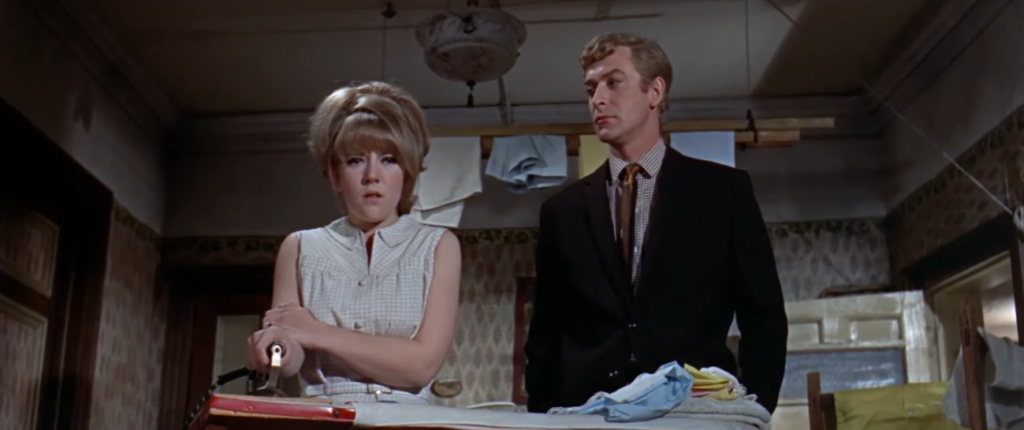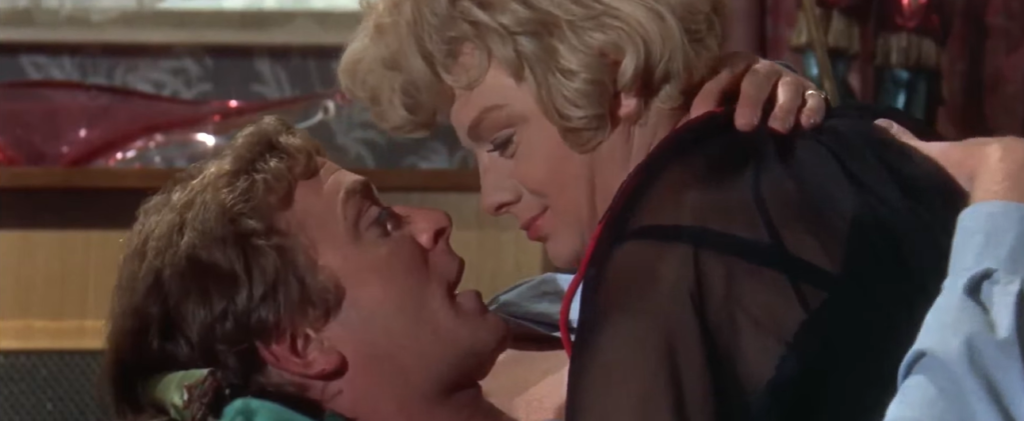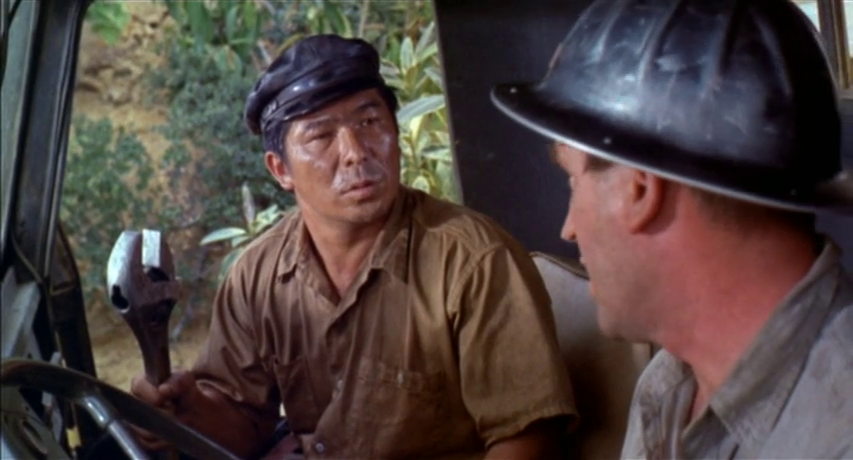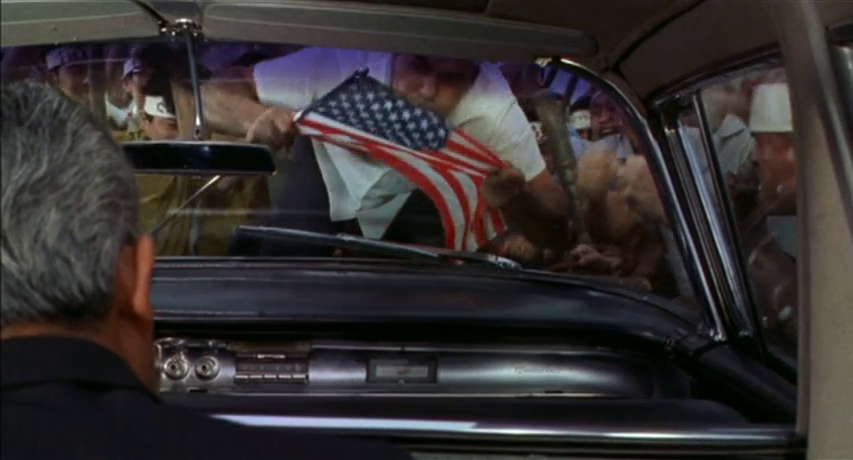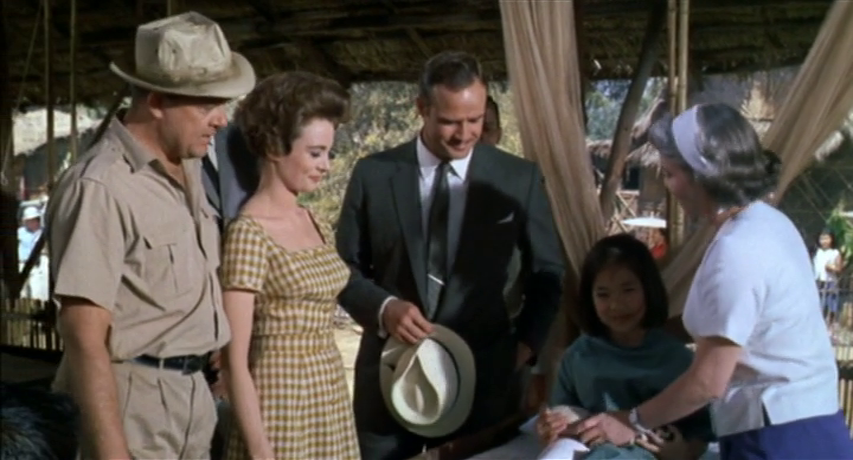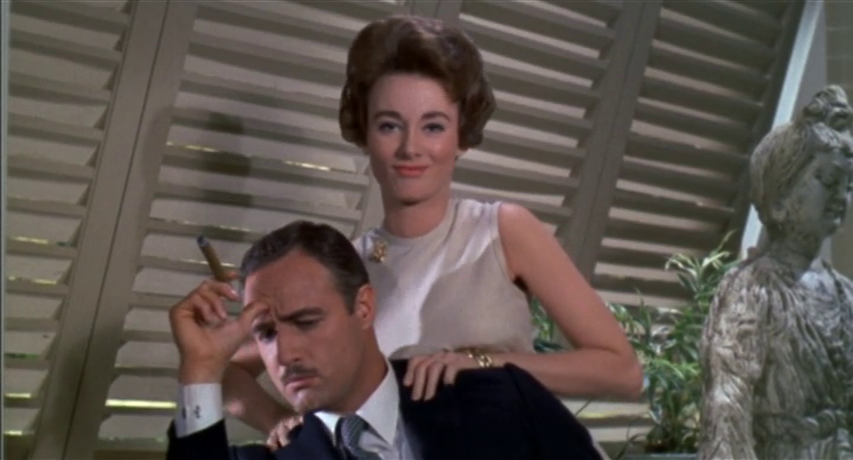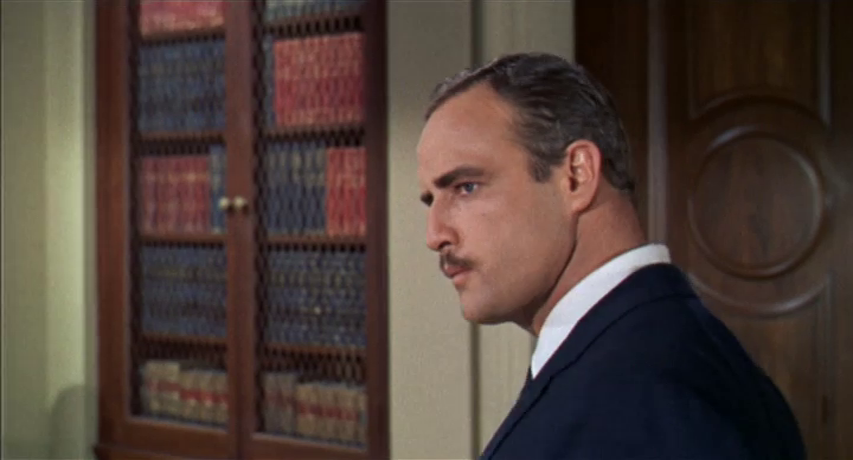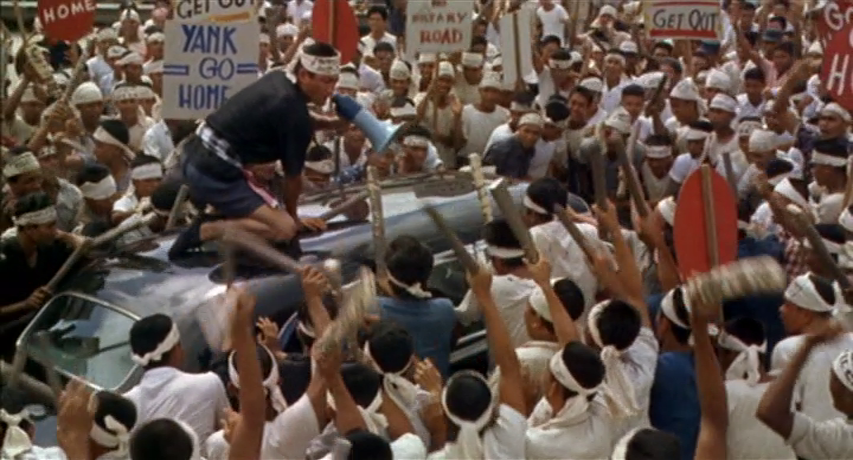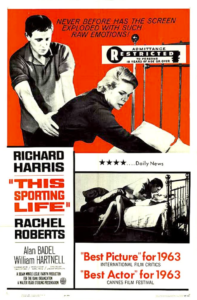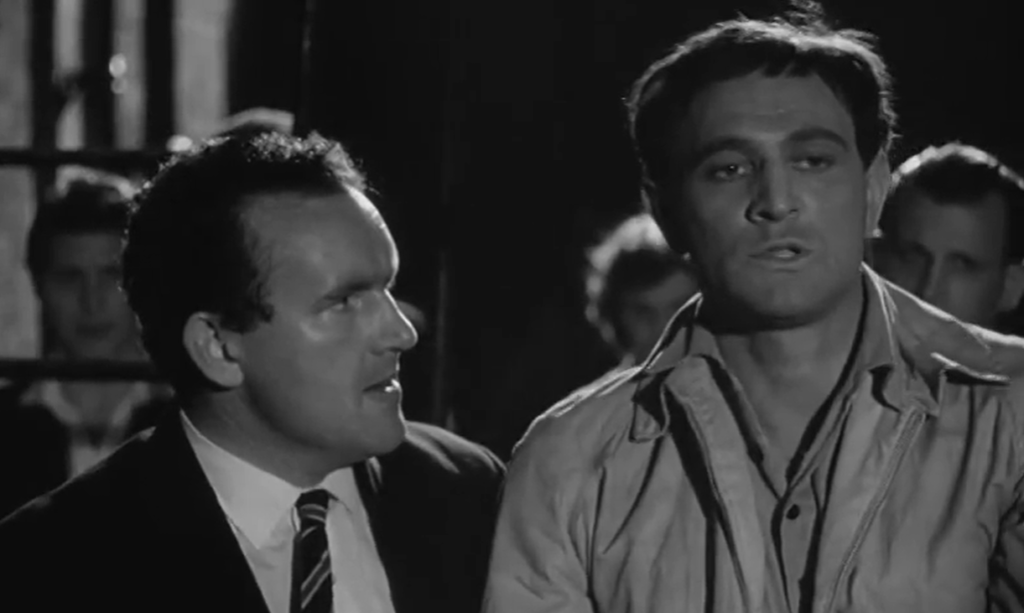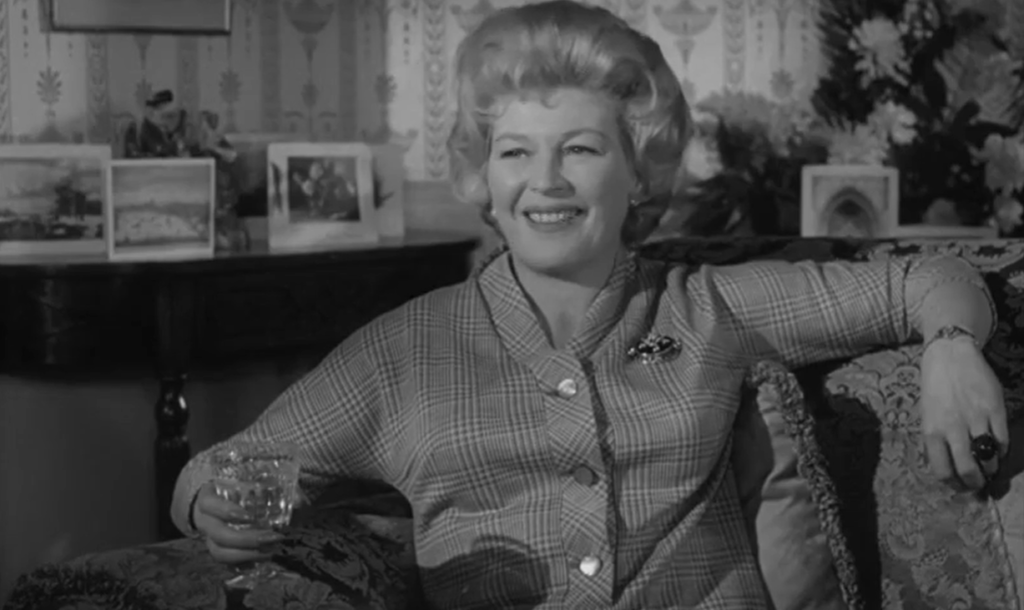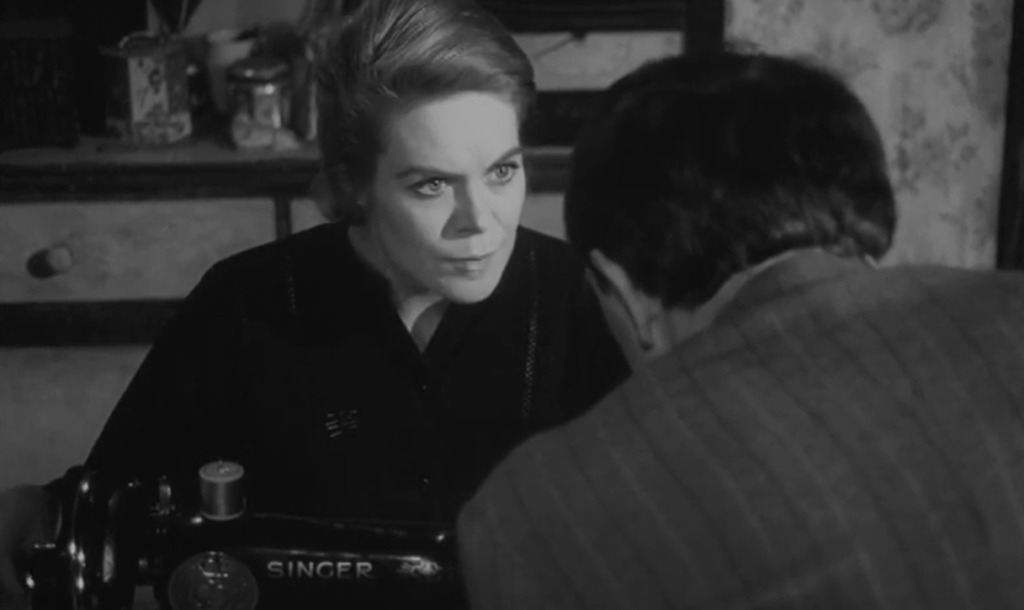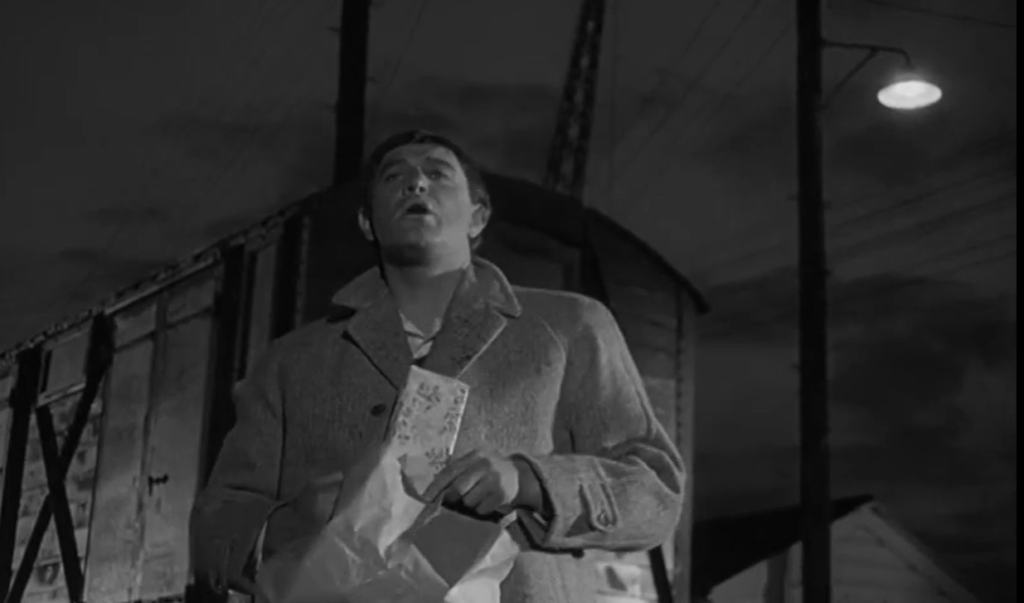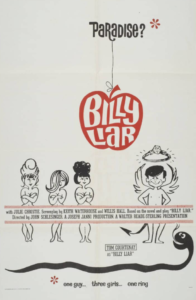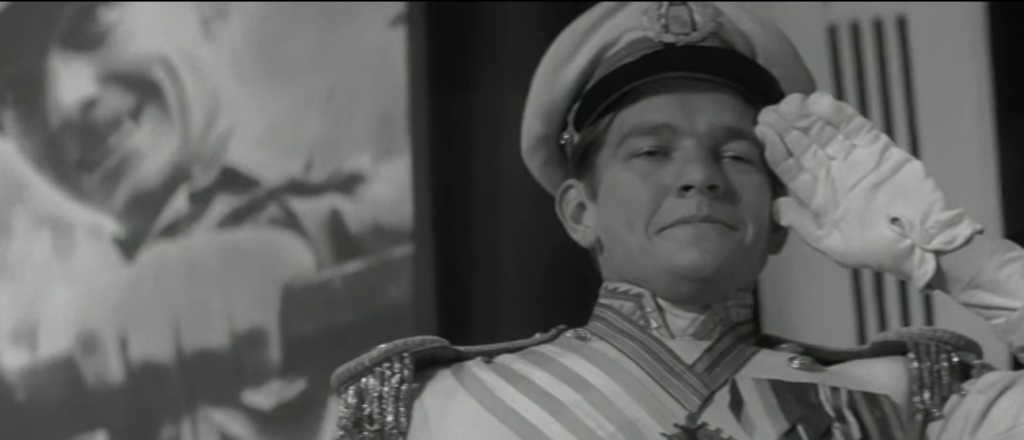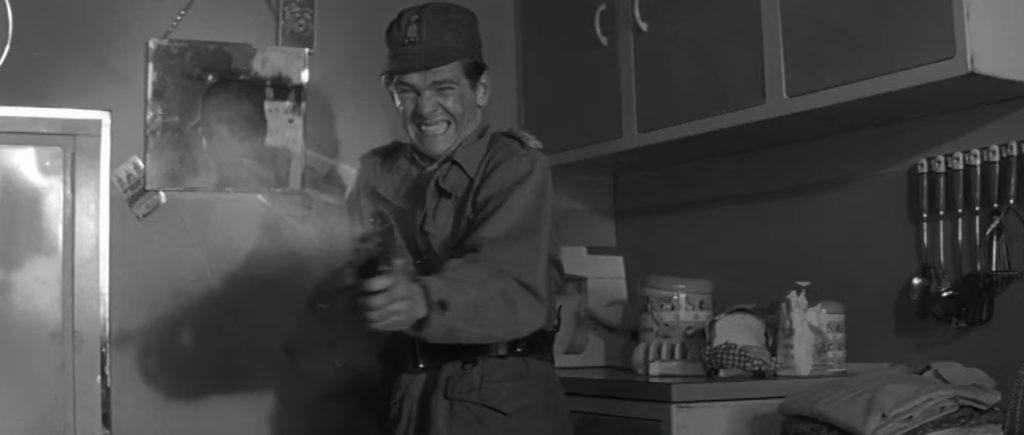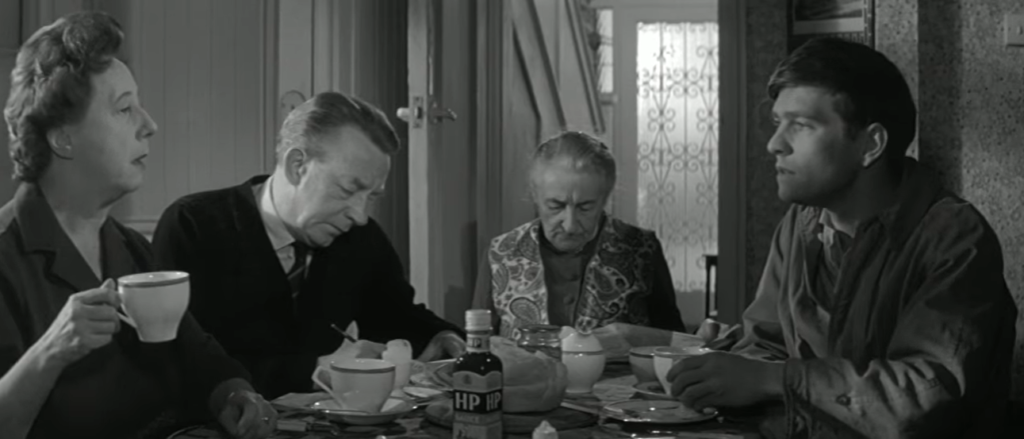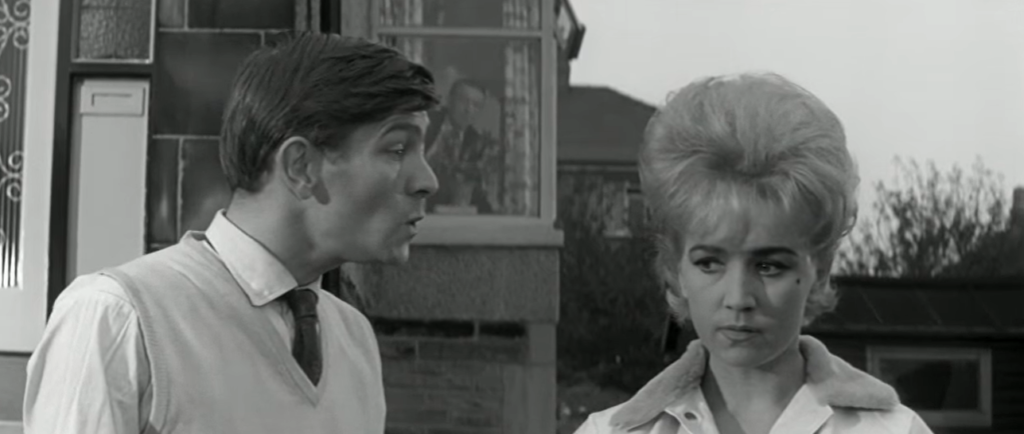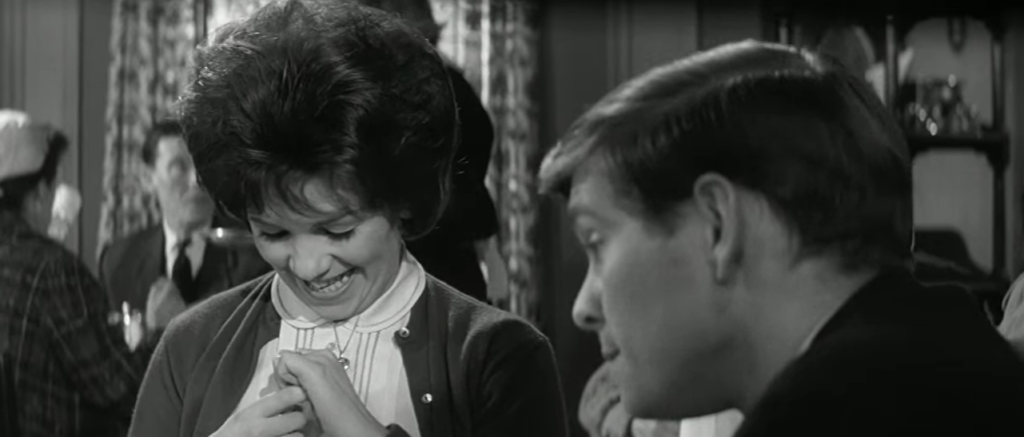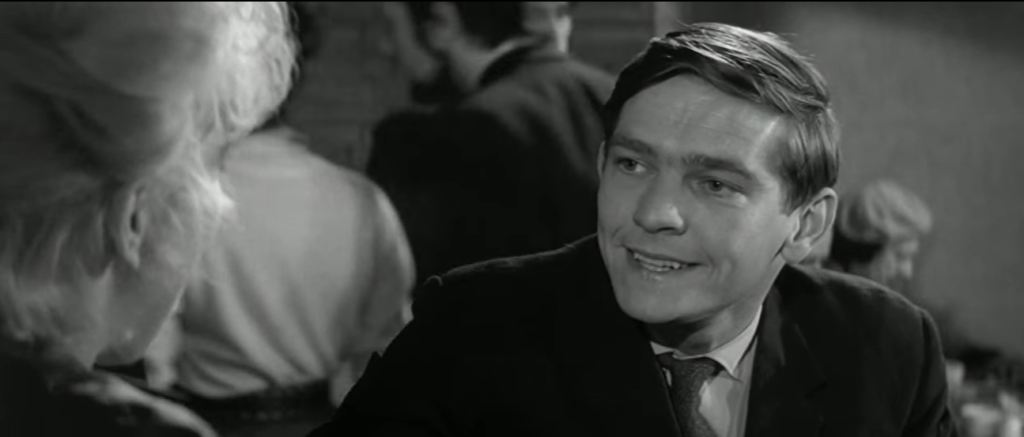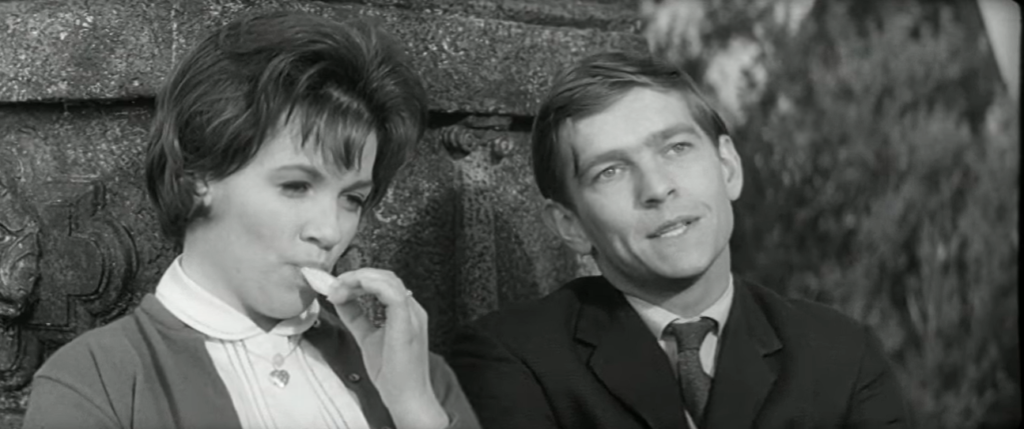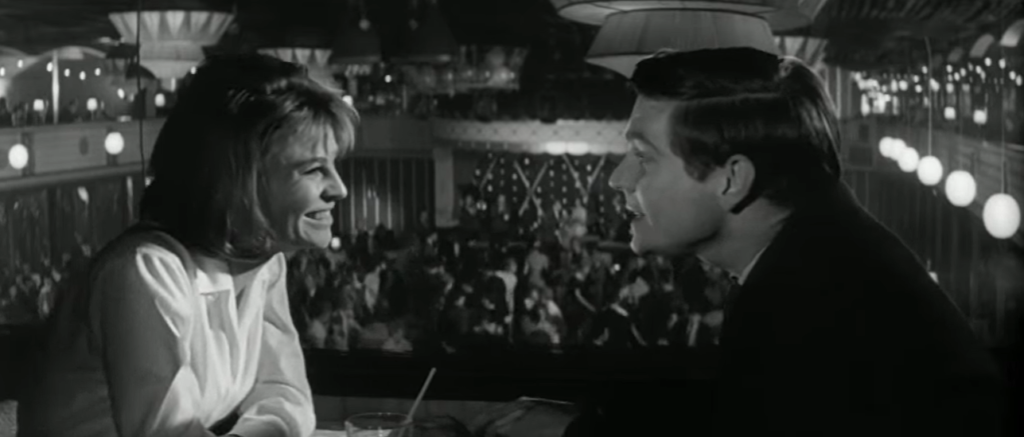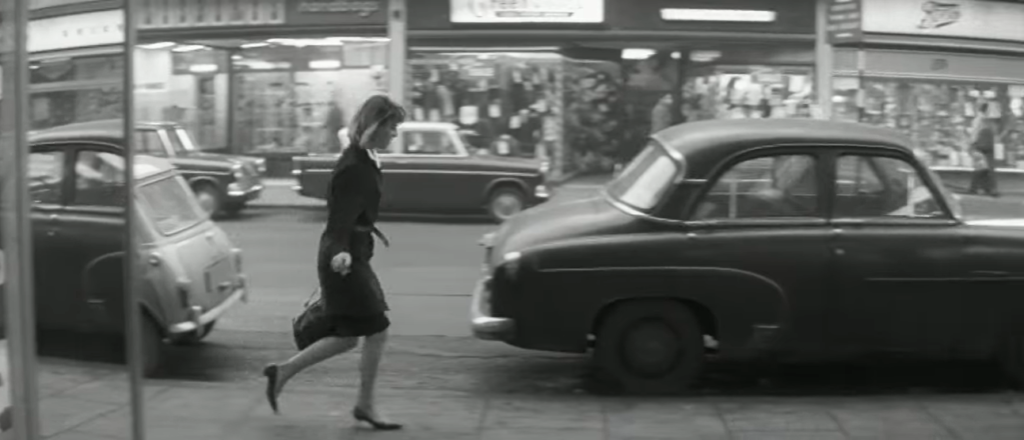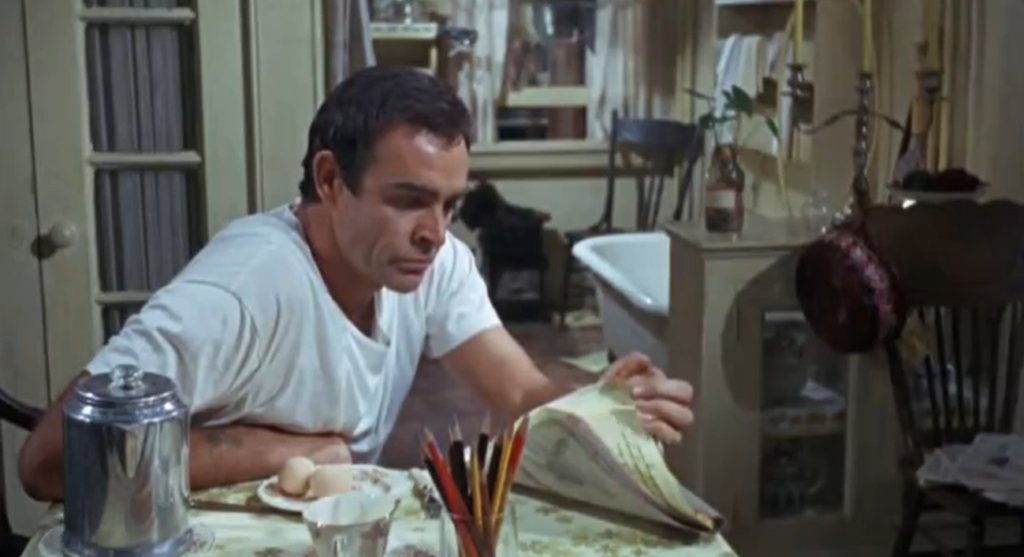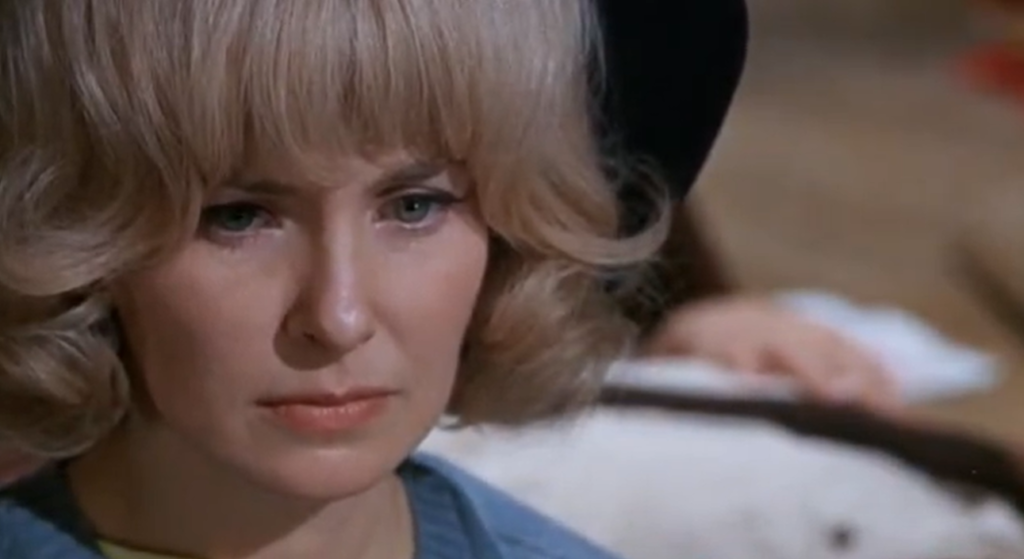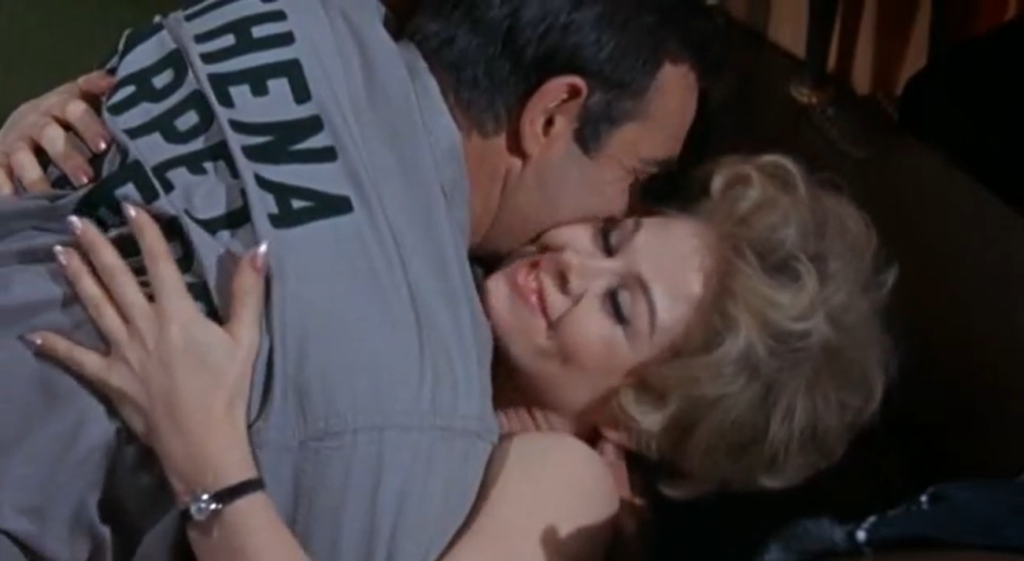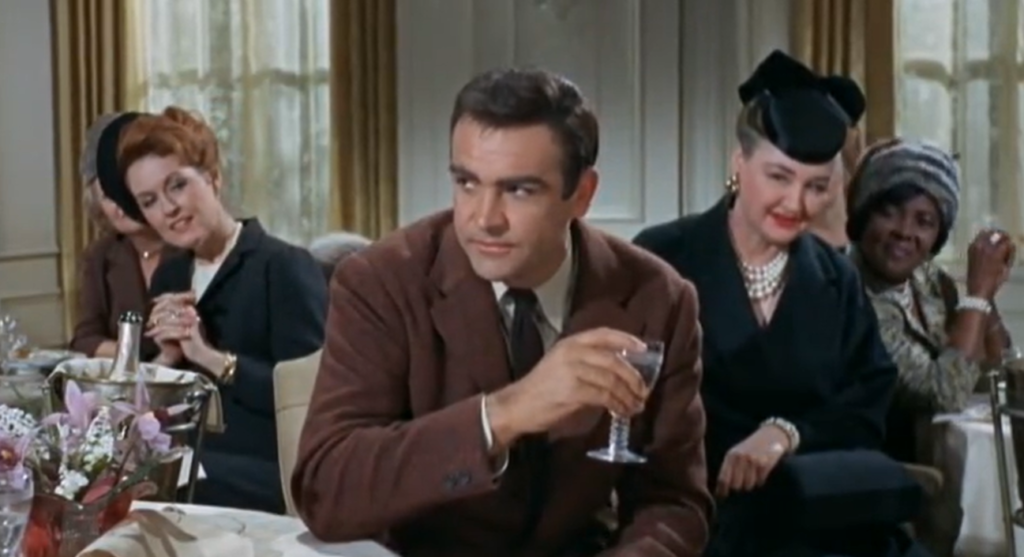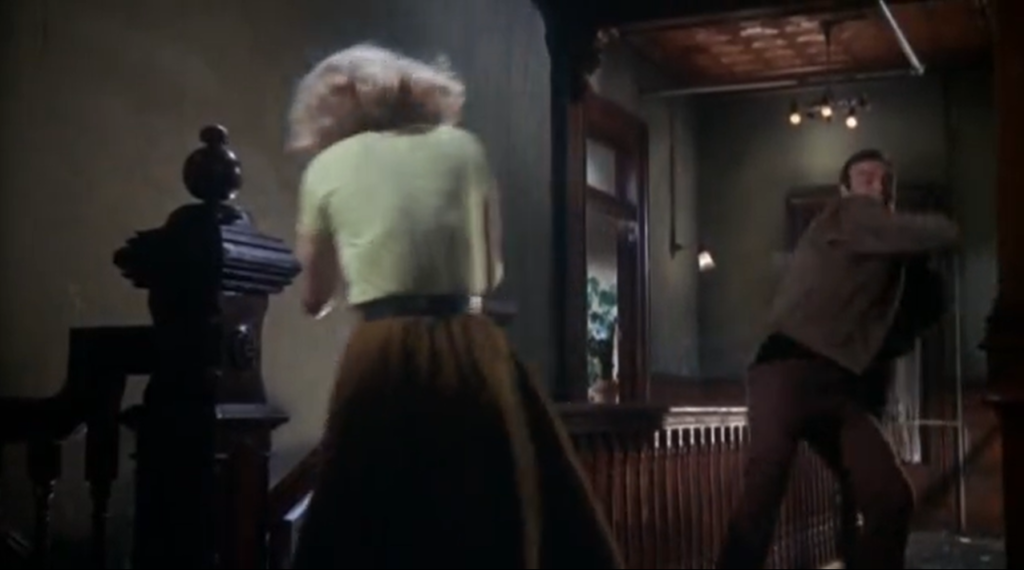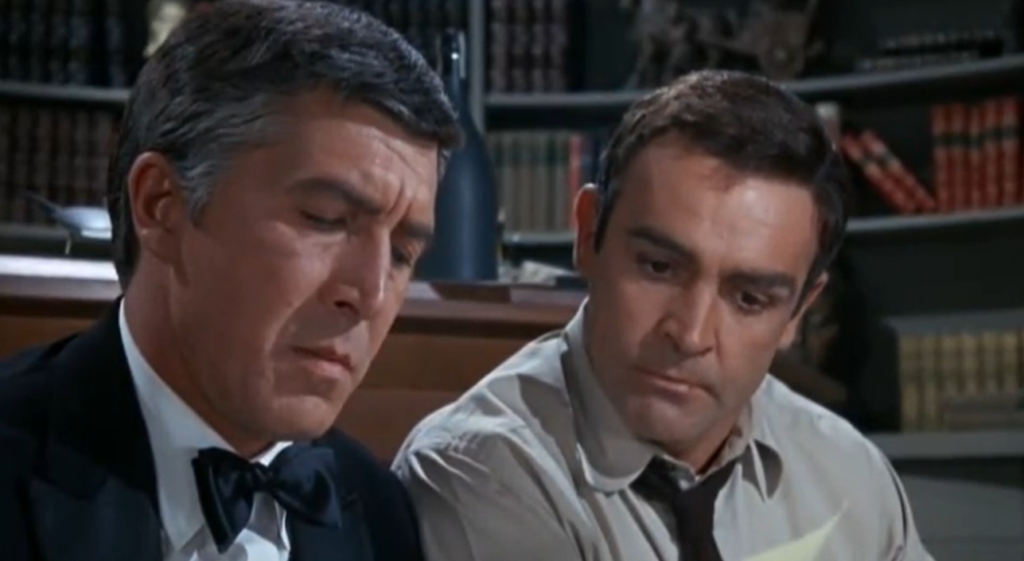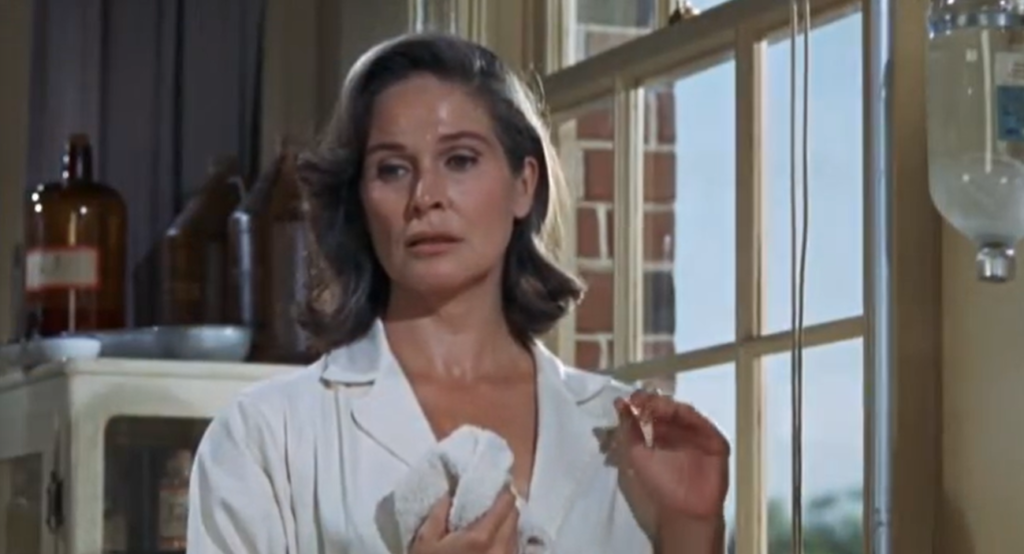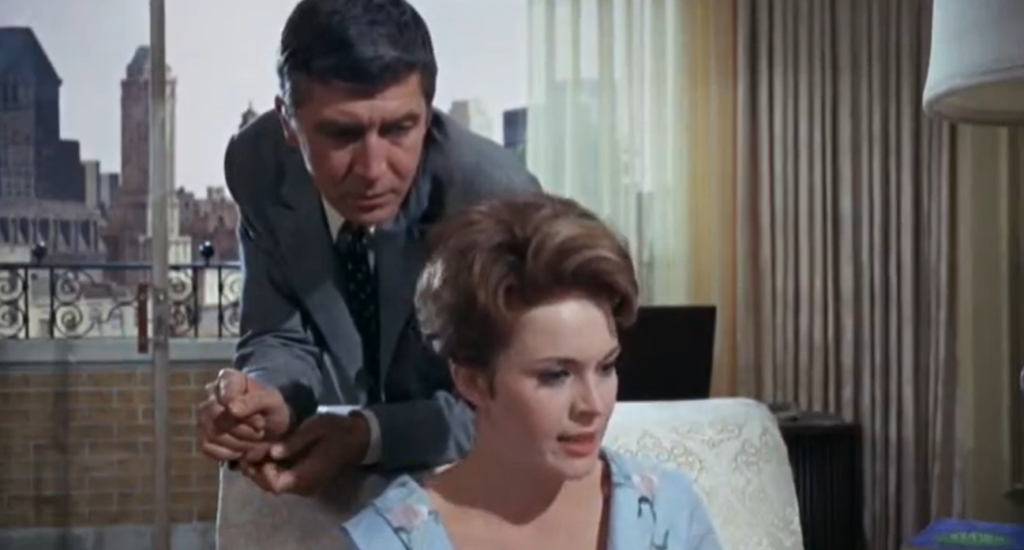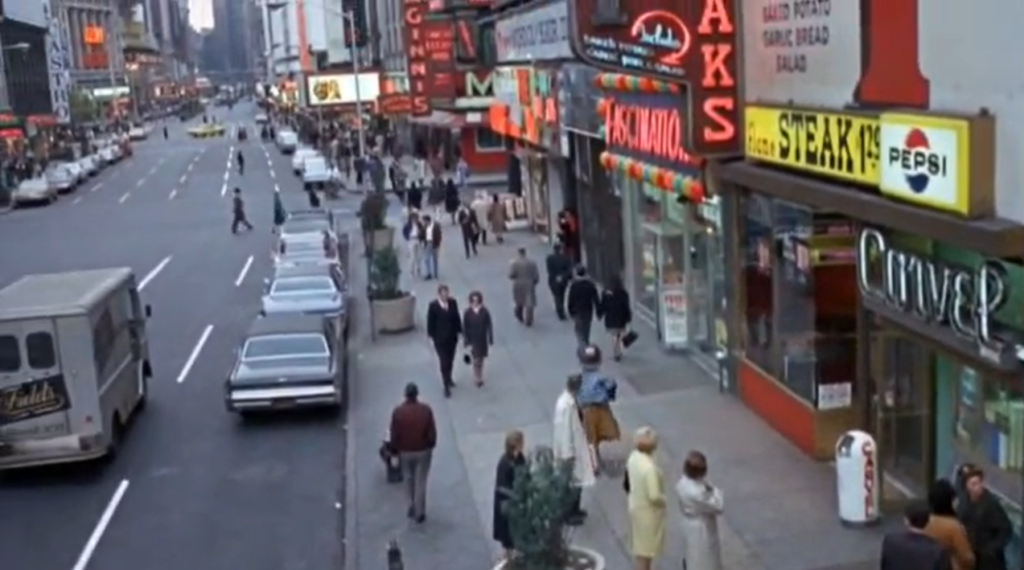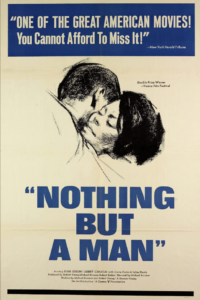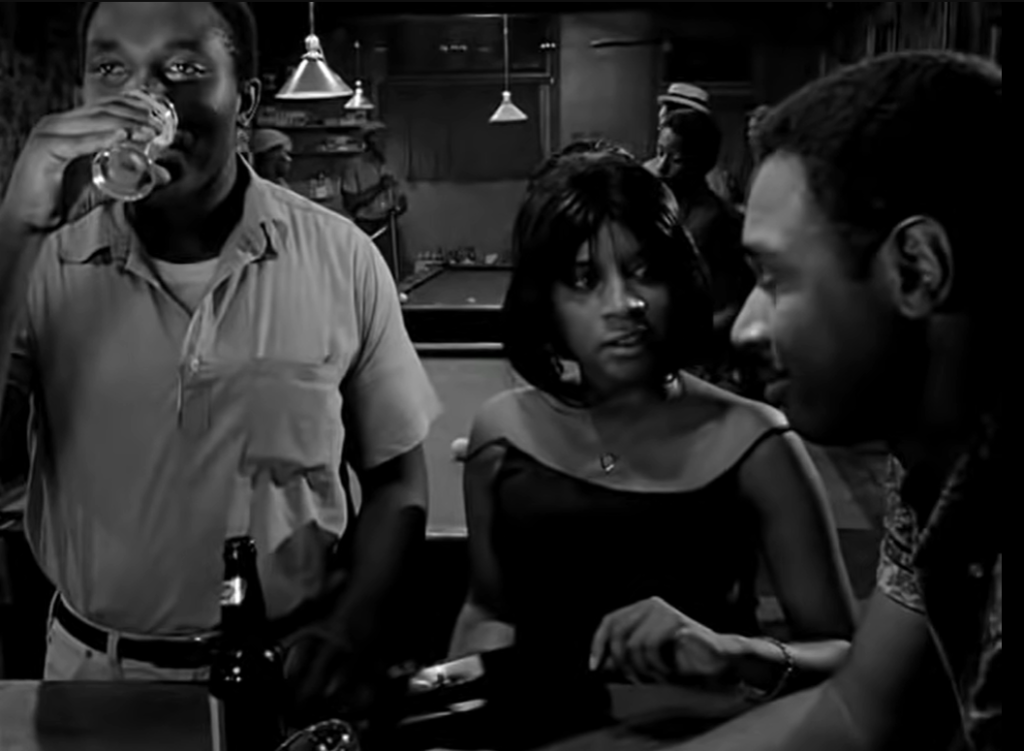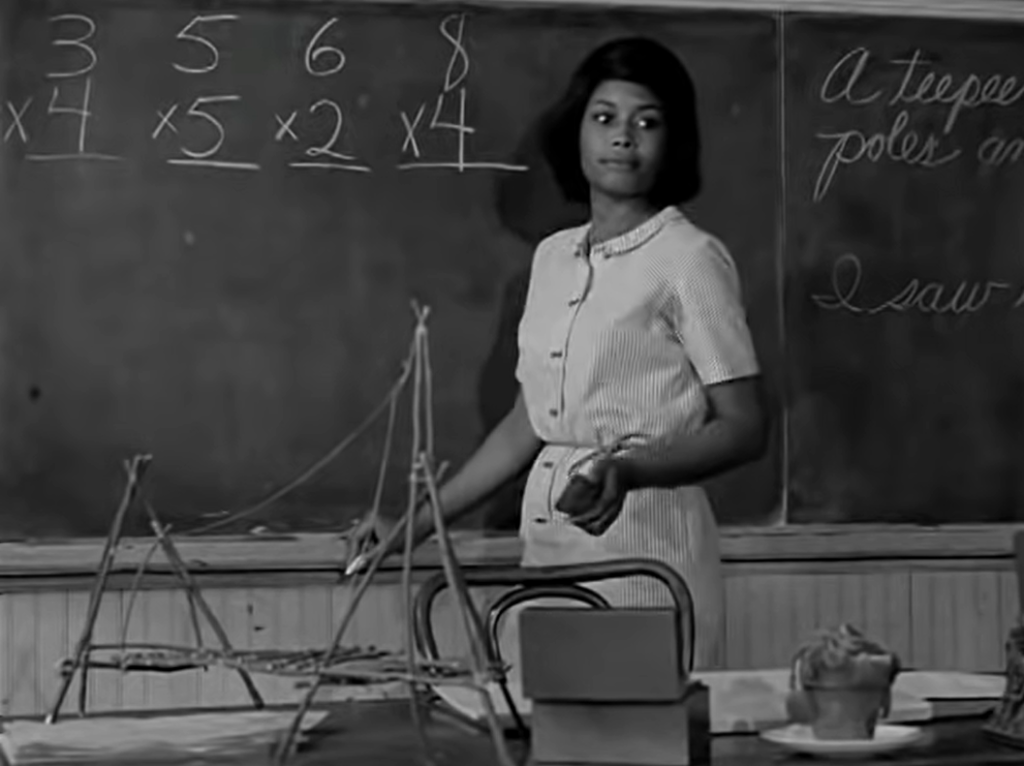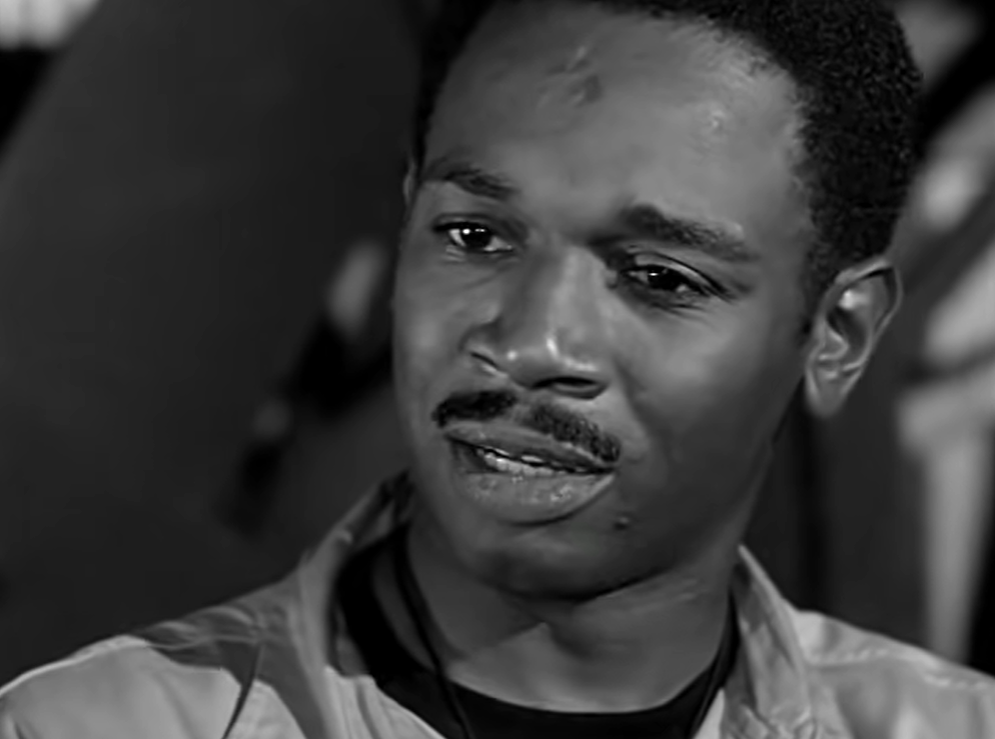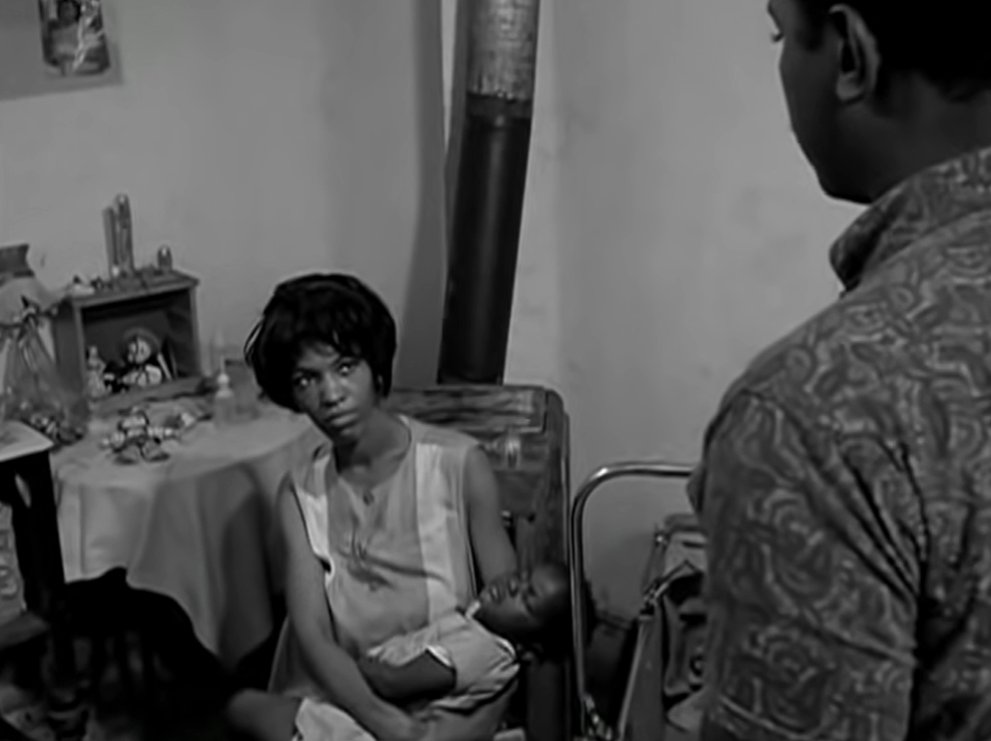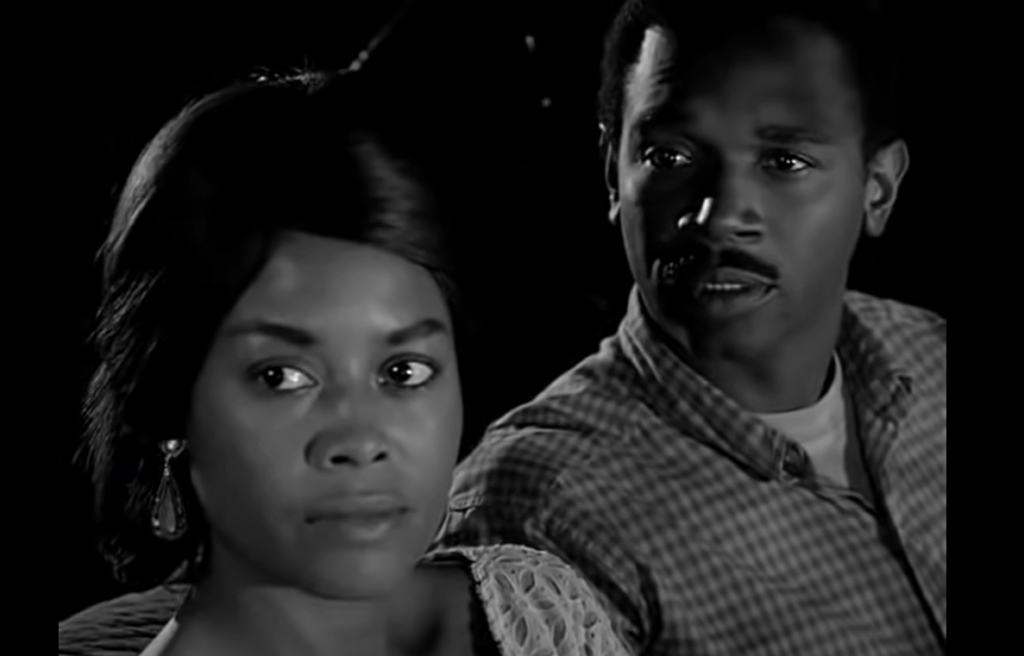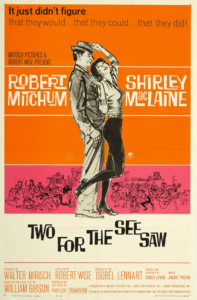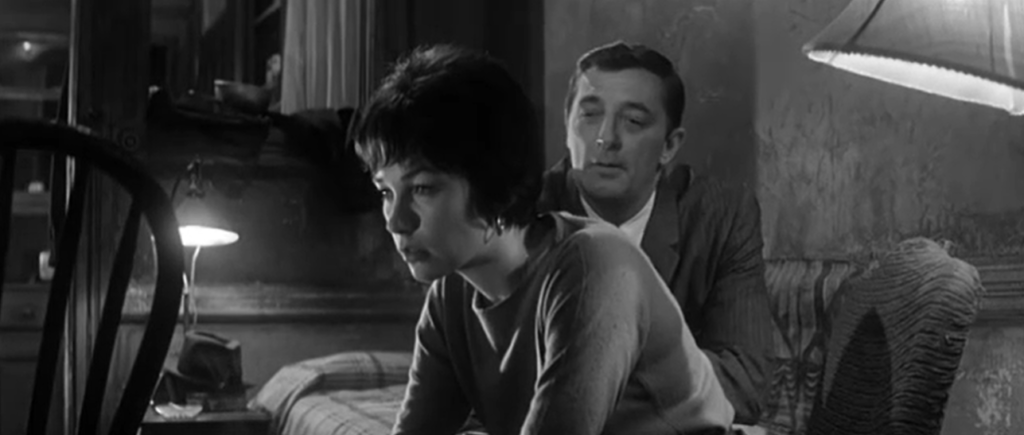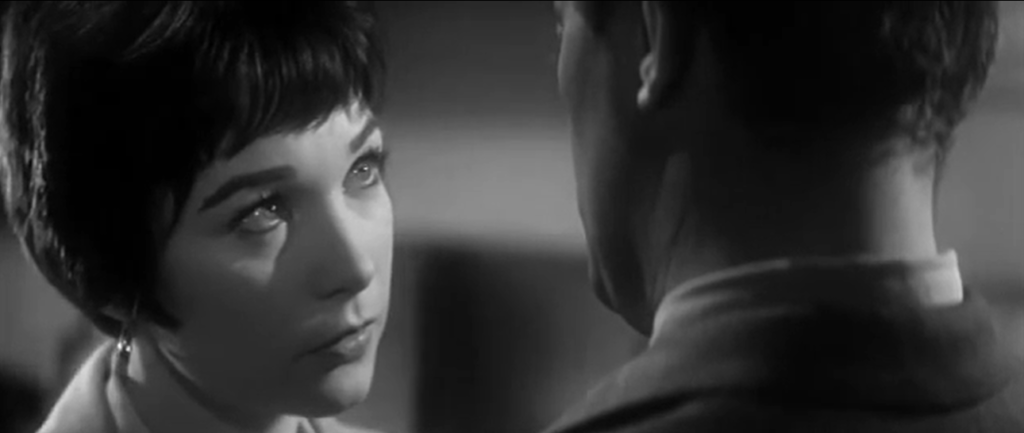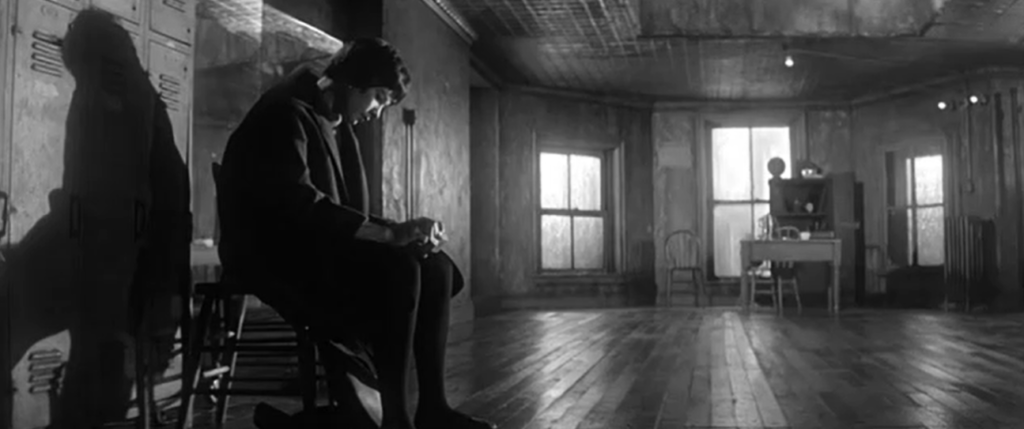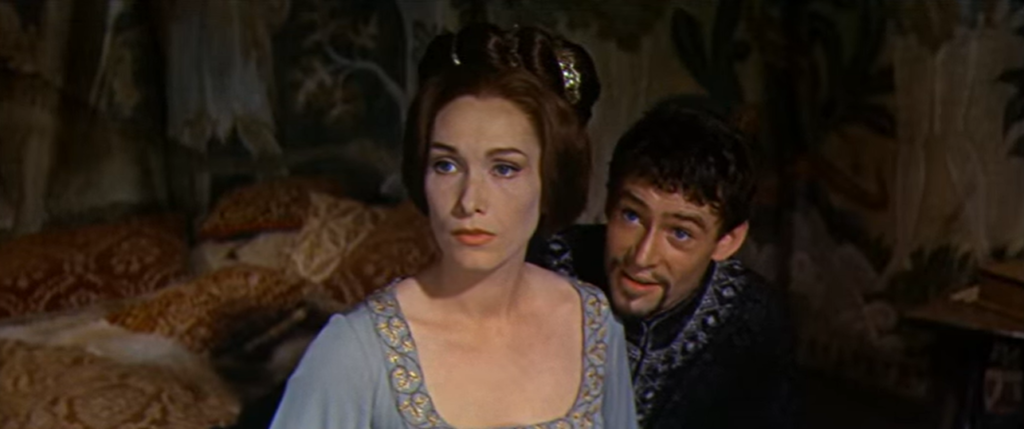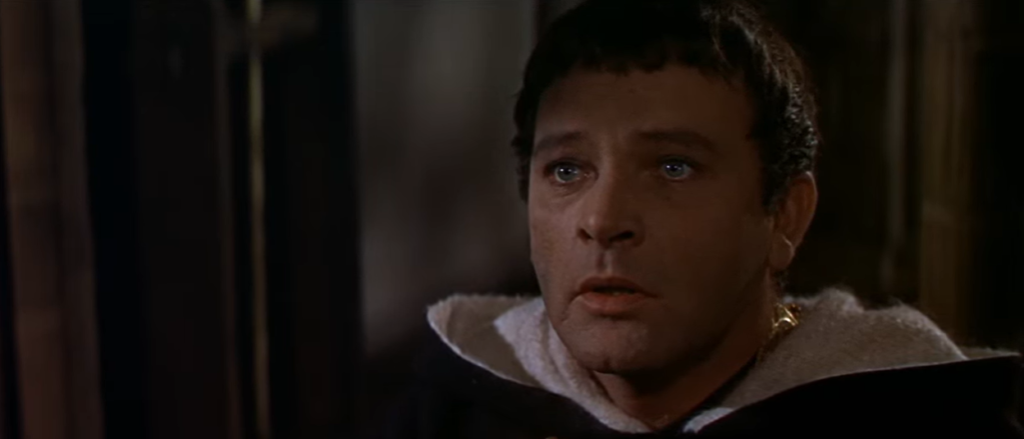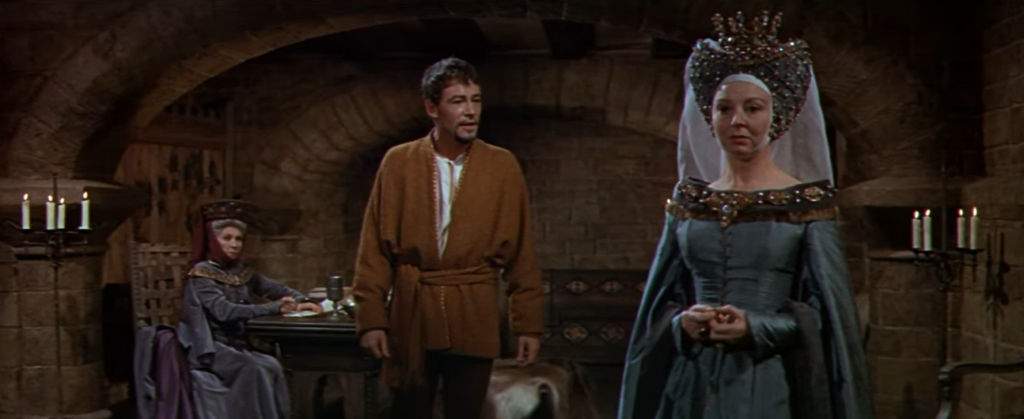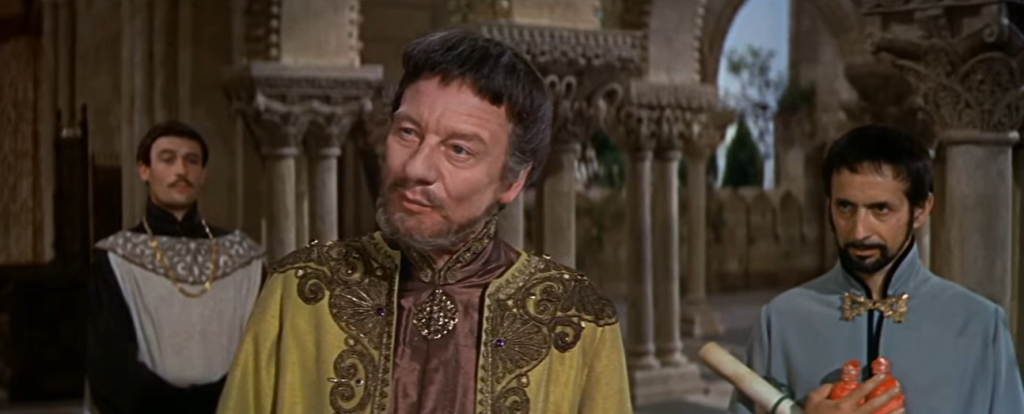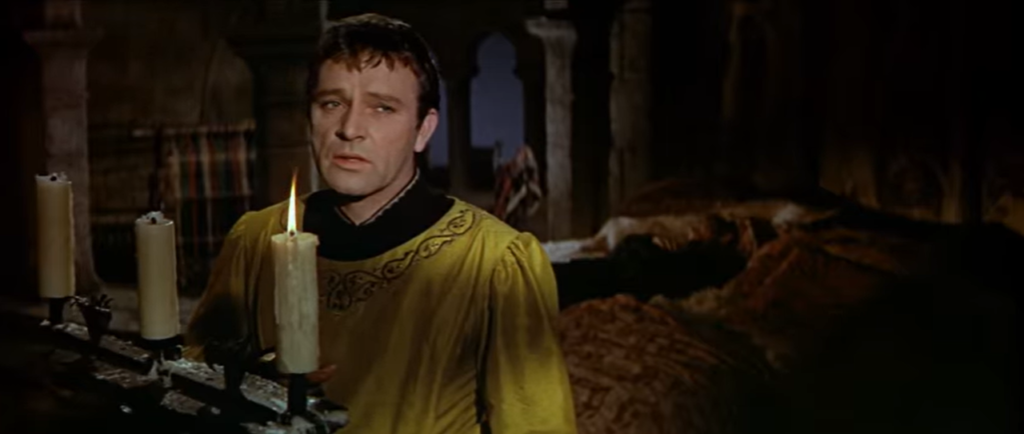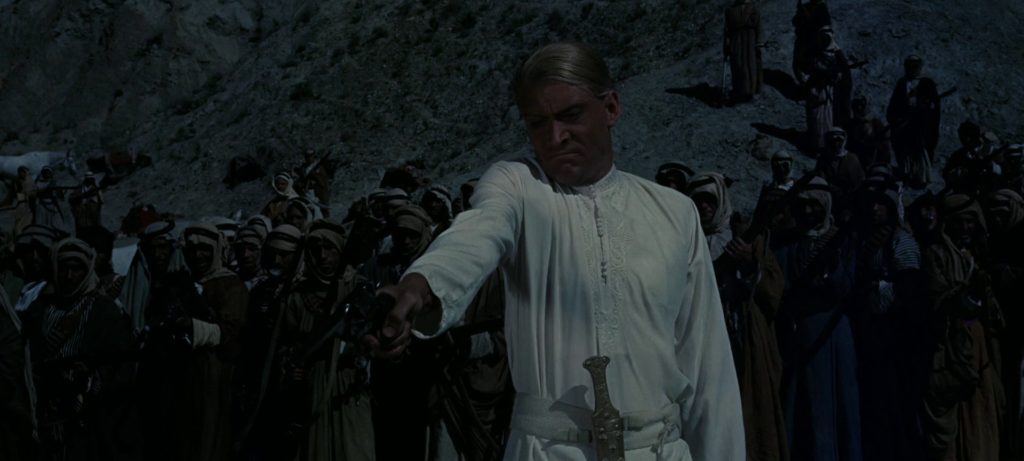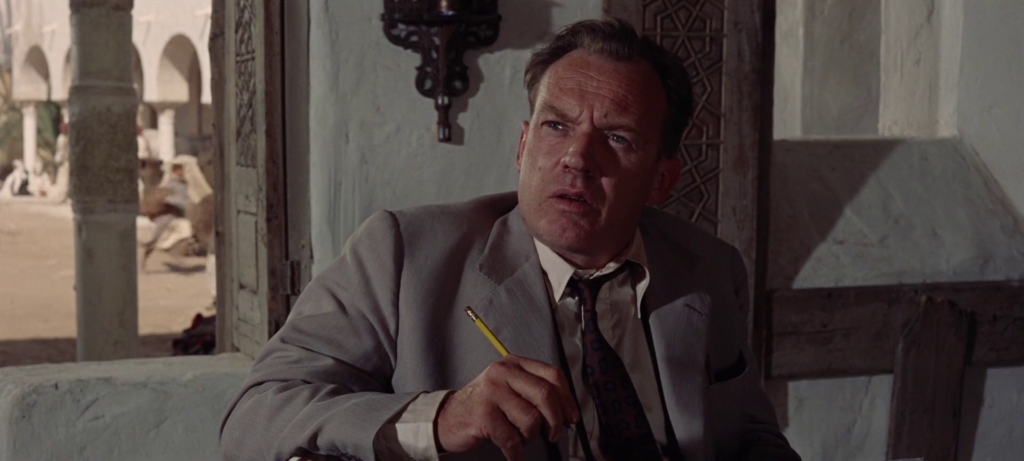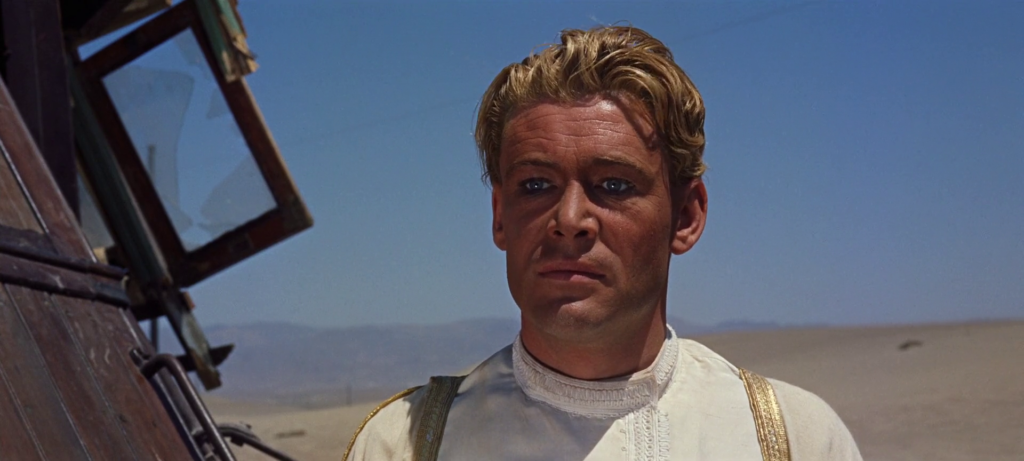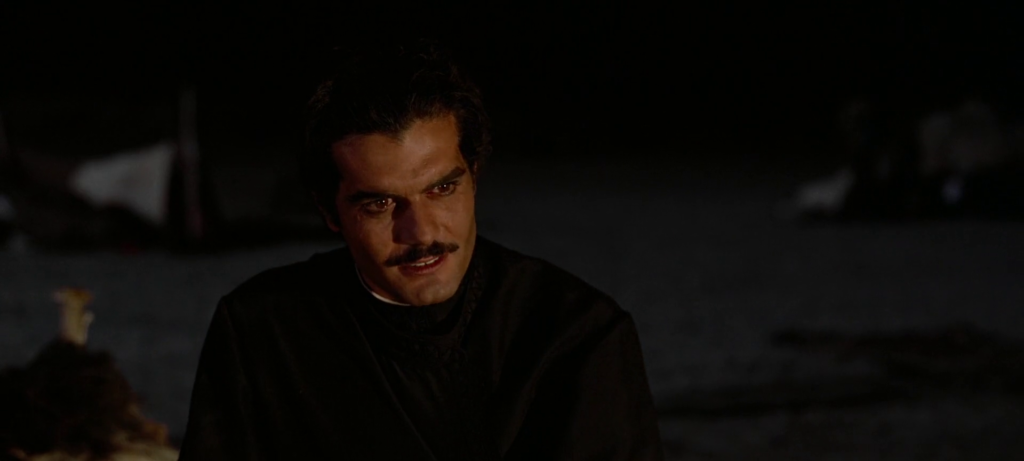Alfie (1966)
“You’ve got to live for yourself in this world, not for others.”
|
Synopsis: |
|
Genres, Themes, Actors, and Directors:
Review: … and he possesses absolute confidence in his words. He explains to us, for instance, why he sees no problem in having a secret affair with a married woman, given that, “We’re having fun. Why hurt him? You like to see everybody happy. I don’t believe in making anybody unhappy or in making an enemy. You could be crossing the Sahara desert, and he’d be just the bloke you’d meet.” Indeed, Alfie knows all the tricks of enjoying life without getting into too much trouble — which includes simply dumping his latest fling-on-the-side (Martin) without telling her he’s about to do so. Meanwhile, back on the home front he lives with a submissive woman (Foster) whose primary care in life is ensuring her man is happy: “Did you enjoy yourself? That’s the main thing.” When Foster gets pregnant and decides to keep the baby, we can’t help cheering for her tentative courage, while also making note of Alfie’s dismissiveness — until a boy arrives and he decides he likes at least the fun portions of parenthood. A particularly challenging entanglement occurs when Alfie seduces the lonely wife (Merchant) of his sick friend (Bass), and she gets into a type of trouble that can’t simply be ignored away; her predicament leads to a chilling sequence (featuring Denholm Elliott in a key role) that was kept out of the 2004 remake with Jude Law. Another interlude shows Alfie slyly picking up a beautiful but sad young woman (Asher) who gets through her grief at losing her previous lover through staying busy with cooking and cleaning; she puts up with everything Alfie throws at her until he finally reads her journals — “You ain’t entitled to your secret thoughts, not living with me!” — and she realizes she’s had enough. So it goes with each of the women in Alfie’s life. He does finally meet his match in Winters’ brash Ruby, who enjoys commitment-free sex as much as him — but he comes to realize that his position with her isn’t as secure as he realized. If you don’t mind spending two hours with a narcissistic womanizer like Alfie, you’ll surely enjoy this nicely photographed flick (directed by Lewis Gilbert) — but I don’t believe it’s must-see for all film fanatics. Note: That painting on the wall to the left in Winters’ apartment — “Green Girl” by Vladimir Tretchikoff — turns out to be one of the most famous mass-produced prints in art history; it’s also seen in Hitchcock’s Frenzy (1972). Notable Performances, Qualities, and Moments:
Must See? Links: |
